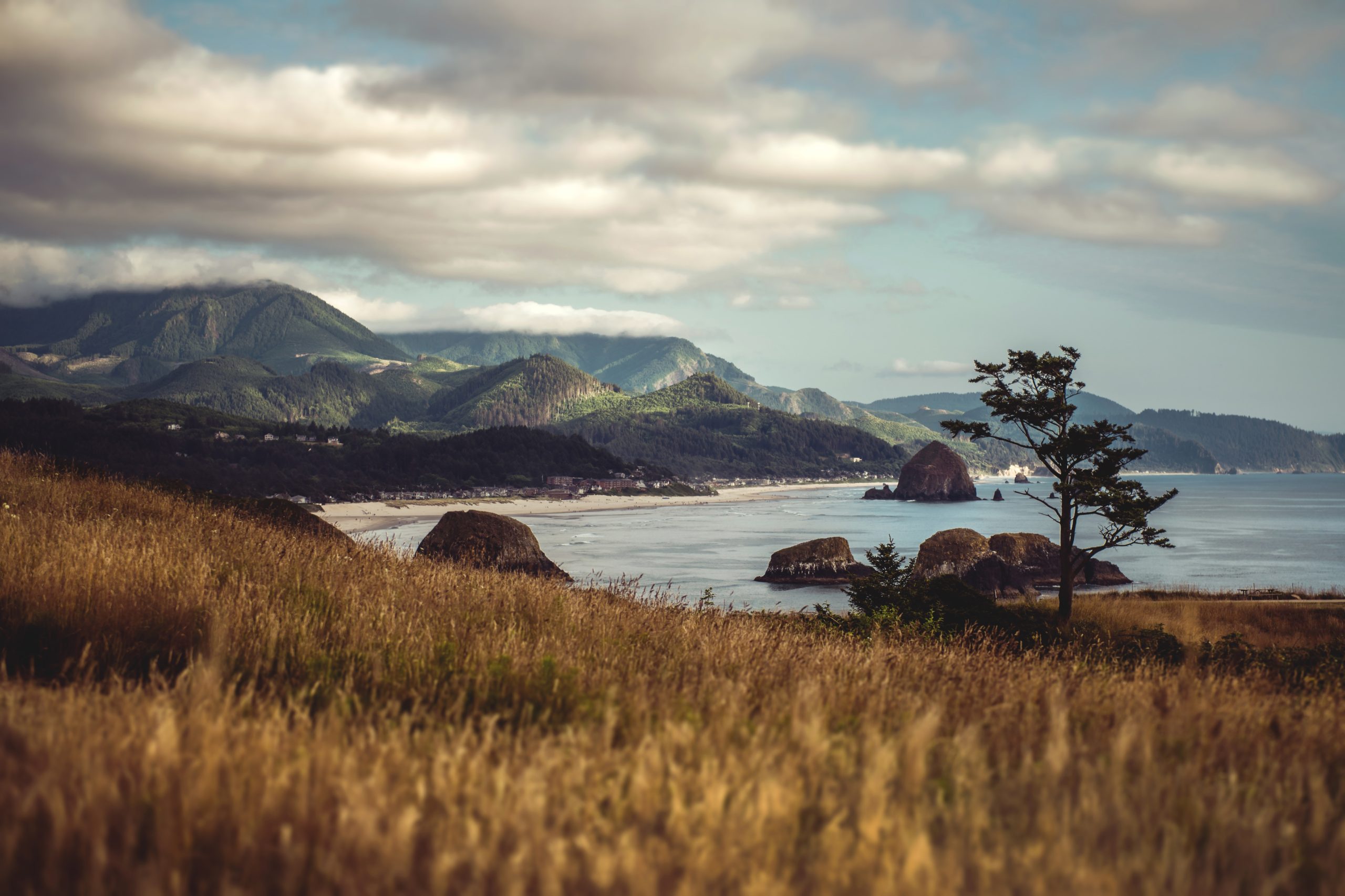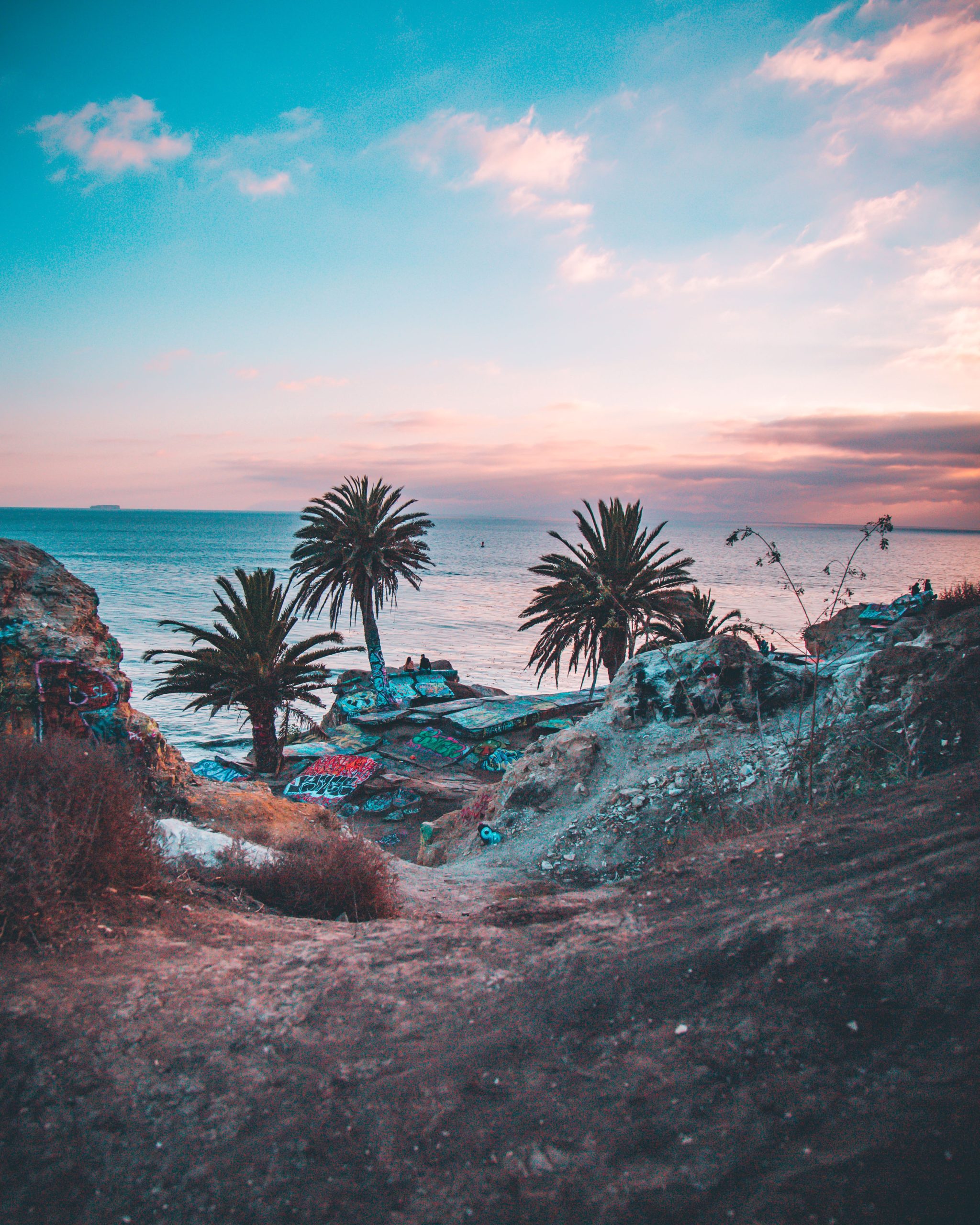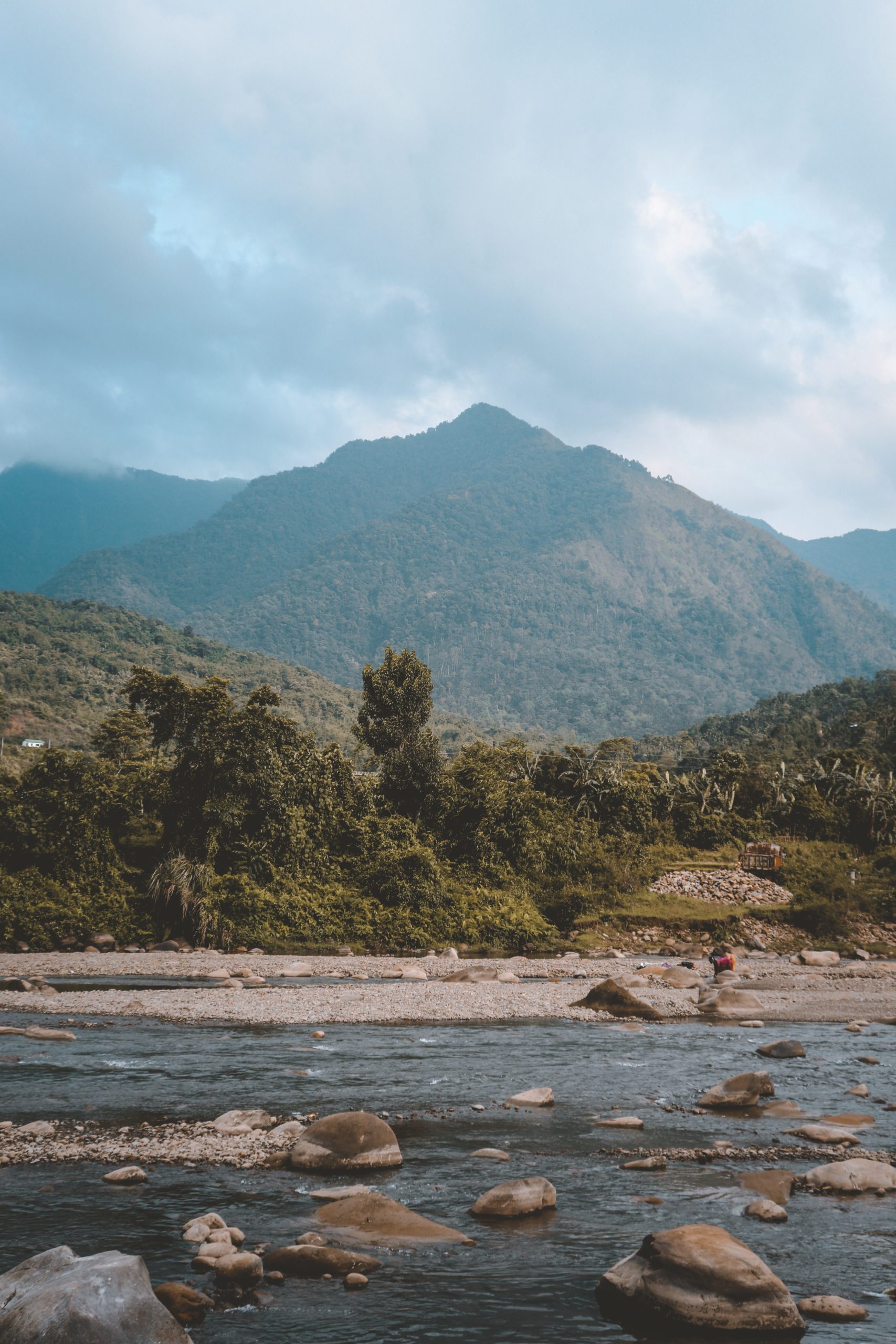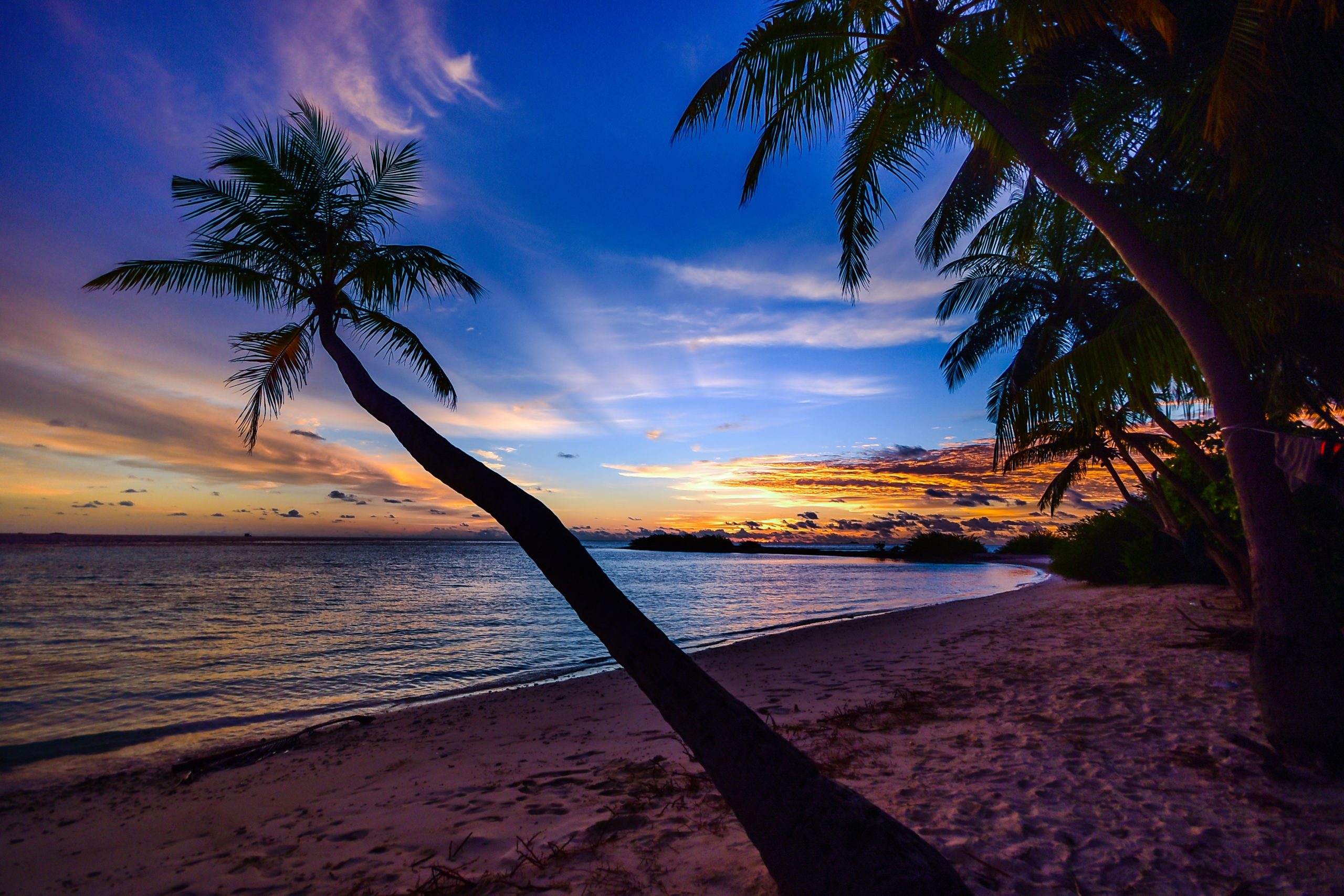The absence of a deep emotional connection between humans and the natural world is at the root of the environmental crisis & damage of environment.
Do you think of a place in nature that you know really well?
Close your eyes for a moment and see what comes up in-front of your eye & in mind.
Can you visualize the place in exquisite detail? The sounds, the colors, the smells, the subtitles that only you know.
Do memories arise? Maybe you’ve known this place for a long time. Maybe you spent golden moments of your childhood here? Can there be happy memories tinged with sadness or regret?
How do you feel when you remember this place now?
Please don’t rush. Take a moment to connect.
Now another question.
How would you feel if this very place was under imminent threat? Imagine someone is destroying it right now. What do you feel? Go to? Sadness? Shock? Resignation? Nothing at all?
Can you imagine that you could do something immediate and tangible to help protect this place?
Be honest with yourself.


If you really have a deep connection to this place, you probably feel moved to do something. That is obvious, right? We act naturally and instinctively to protect what matters most to us.
But what if that deep connection to a place is missing? How would that affect your answer? It is a beautiful place but it is not your place. Is it still likely to do something about it? Is it your responsibility?
Let me pointed two scenarios for you …
Firstly you are walking through the city at night and suddenly you see your best friend scruffy, sleeping rough on the street. You haven’t seen him in six months. There is probably an initial shock for you: “OMG, what happened with you? !!” You instinctively draw closer to him. Before you know or think it, your arm is on his shoulder: “Come with me at my house & I will take care of you. “
Now another night. This time you see a random, scruffy-looking stranger sleeping rough in the street. Be honest. What do you do? Is it someone else’s problem? If your heart is big enough, you could give her some money or buy her a sandwich, but will she come home to sleep on your couch? Perhaps you rationalize your inaction by reminding yourself to donate to your local homeless charity. You can remember to vote for a politician who seems committed to doing something. But most of the time most of us do nothing at all.


Because the difference? It’s obvious right? … in the first scenario you don’t even think to much. You have a deep emotional connection with your best friend and accordingly you have to act with him. In the second scenario, you may feel sad and acknowledge the tragedy of the situation, but there is no emotional connection between the two of you, so most of the time you don’t act.
John Steinbeck put it his word very well when he wrote (at a time when there was a famine in China): “It means very little to know that a million Chinese peoples are starving unless you know a Chinese people who is starving.” There must be an emotional connection for the thing to have any meaning.
The same goes for the environmental crisis. Right now, there is a surge of support for taking action to prevent climate change. The reality that there is a problem seems to have finally come to many people’s minds. But still, most people don’t “do” anything meaningful, right? I am not being a moralist or a critic here. I know that I myself am guilty. Why are we all so passive? Why do we expect someone else to do something?

There are various reasons and it is not simple (and I certainly do not have the answer). However, I have thought about it a lot and have some ideas:
The scale of the problem is so terrifying that most of us don’t feel capable of doing anything significant. The tree is about to fall and I am just a tiny ant!
- Society as it is currently constructed is designed to make us passive and docile. We lead incredibly busy lives … we travel, we work, we eat, we exercise, we shop, we take care of the kids, more work, Netflix, bed. Most of us just sleepwalking through life on autopilot waiting for the next short window of pleasure. One day mingling with the next. We hardly have time to reflect, much less to act.
- Many in society feel socially isolated. The sense of community has collapsed. Loneliness is an epidemic right now. If you feel like you are alone, you are much less likely to muster up the courage to do something. The Titanic ship is sinking and you are just one person with a bucket. Everyone else on the ship is unknown to you. What is the point?
- Perhaps the main reason we don’t do anything is that most of us have lost the sense of deep connection to the natural world that our ancestors took for granted. If you don’t feel deeply connected to nature, you obviously don’t care in the same way and are much less likely to do something immediate and meaningful toward the nature. It’s the same reason why you ignore the homeless person you don’t know.

 So what can you do?
So what can you do?
I do not have the answer. However, it seems to me that passing multiple laws, banning single-use plastics, and imposing carbon taxes is essentially treating the symptom and not the disease. As an obese person with type 2 diabetes who goes to the doctor because he has high blood pressure and takes a tablet every day without fundamentally changing the way you live your life and more importantly, changing your relationship with yourself. I am not saying that strong legislative action is not essential. Obviously it is, but the root goes much deeper.
It’s probably a good idea to start small. You can do something and maybe others will follow you. It’s also great if you don’t feel lonely. Can you find and connect with a community of people who feel the same way as you? Here’s a little example to show you what I’m talking about …
One day, I saw one of our gardeners spraying the lawn with pesticides. He was wearing a mask because he did not want to ingest those chemicals himself. I talked to him. He was a good man, he just did his job. I could have left it there, that I felt something which is anger, sadness, defiance, some strength. Why is this happening to my house? I submitted a request that was quickly withdrawn by the management company. But we had seen and lo and behold, some other people who are also living here agreed that we should stop spraying the gardens where we live. Then all of a sudden there is community. I am not a person on a sinking ship with a bucket. There is some force in the numbers and there is a possibility that something positive will happen. It’s a drop in the ocean, but it counts.

 More importantly, to get to the root of this problem, we need to rediscover the deepest connection to nature that we have lost. Mindfulness is one way to cultivate this connection. It takes time and patience. Two things in life that are in short supply.
More importantly, to get to the root of this problem, we need to rediscover the deepest connection to nature that we have lost. Mindfulness is one way to cultivate this connection. It takes time and patience. Two things in life that are in short supply.
Irish poet Patrick Kavanagh put it beautifully: “Getting to know a field or land fully is an experience of a lifetime. In the world of poetic experience it is depth that counts, not breadth. A gap in a hedge, a smooth rock sticking out of a narrow path, a view of wooded meadows, the stream at the junction of four small fields – this is all that any man can fully experience. “
Most of us have neither the time nor the inclination to seek a deeper experience of nature … for the masses it is width that counts, not depth. We are addicted to new experiences. Consuming new places in a very superficial and meaningless way. A nice photograph for Instagram and another place marked on the list.
What about the places where we live? The lane we pass on the way to work. Horse chestnut in the field overlooking the car park. The park where we walk the dog. The channel where we have lunch every day.
Do you stop and hear the trees moving in the breeze? Do you notice the first leaves of spring and the last leaves of winter? Do you know the call of every songbird? Have you noticed how the character of a place changes from day to day and even moment to moment?
Can you slow down and pay attention right now?
It’s a drop in the ocean, but it counts.






